
Unmatched Excellence in Manufacturing by Leading Chinese Factory for Best Electrical MCCB Solutions
In today's fast-evolving electrical landscape, the demand for reliable and efficient circuit protection solutions has surged, highlighting the importance of Electrical MCCB (Molded Case Circuit Breakers) in various industrial applications. According to a recent market report by Research and Markets, the global MCCB market is projected to reach USD 5.1 billion by 2025, growing at a CAGR of 6.3%. This growth is driven by the increasing emphasis on energy efficiency, safety standards, and the adoption of smart grid technologies. Leading Chinese manufacturers are at the forefront of this transformation, offering unmatched excellence in engineering and innovation to meet the diverse needs of sectors such as manufacturing, construction, and renewable energy. This blog will delve into product applications and provide insights into the best practices for selecting Electrical MCCB solutions tailored to specific operational requirements.
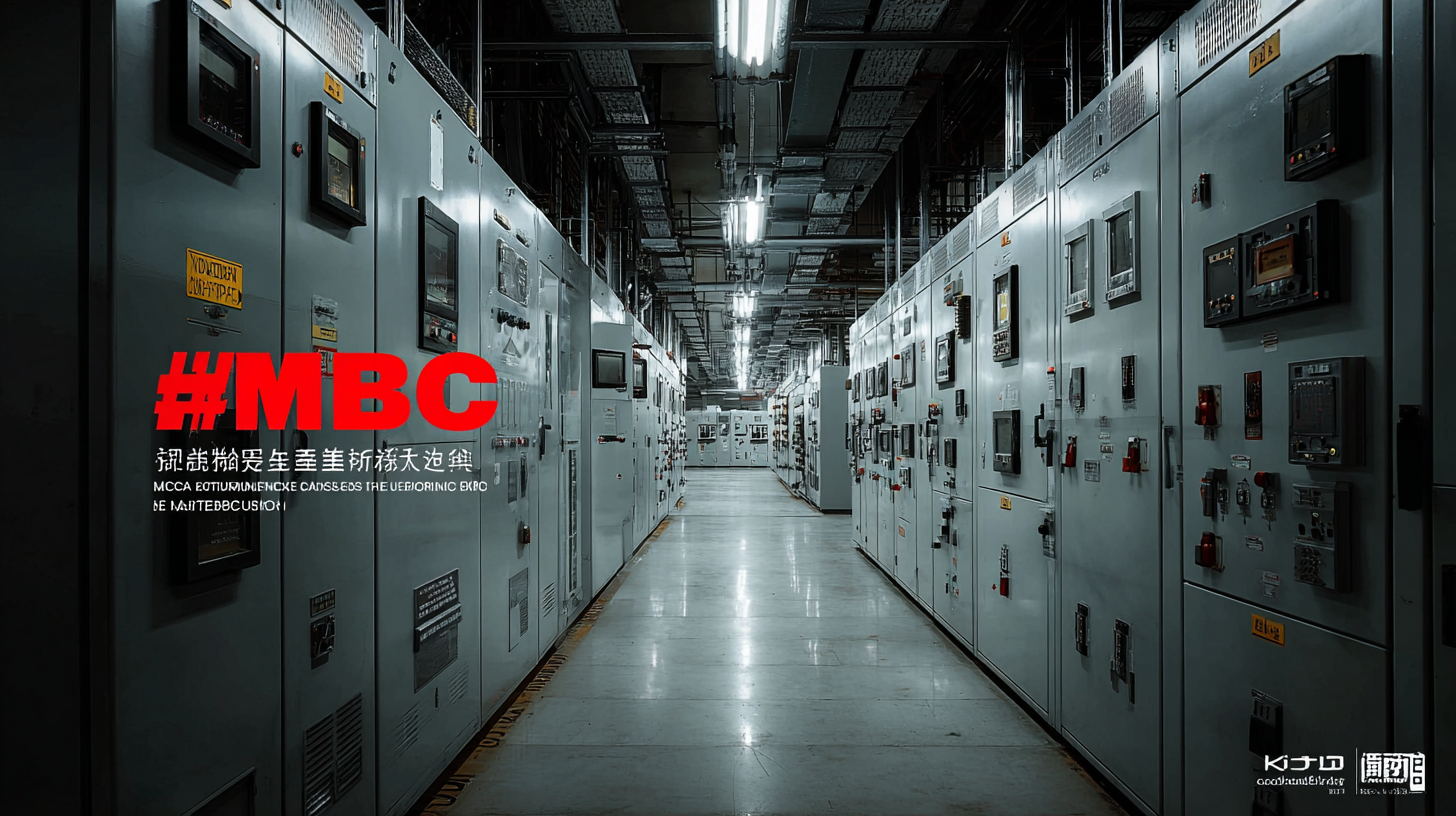
Challenges Faced by Chinese Factories in Electrical MCCB Production
Chinese factories play a pivotal role in the manufacturing of electrical Molded Case Circuit Breakers (MCCBs), yet they face numerous challenges that can impede their production efficiency and market competitiveness. One major issue is the rising cost of raw materials, driven by global supply chain disruptions and increasing demand for essential components like semiconductors. With the projected market growth of battery cell components in regions like Europe and North America expected to rise by 19%, the strain on sourcing high-quality materials becomes evident. As competitors globally enhance their manufacturing capabilities, Chinese manufacturers must navigate these challenges to maintain their edge.
In addition to material sourcing, Chinese factories must adapt to the rapidly evolving landscape of electric vehicle (EV) manufacturing. The movement towards localized production, exemplified by initiatives like the shift to Made-in-India, highlights the urgency for Chinese manufacturers to innovate their processes. As global giants pivot towards domestic manufacturing for essential EV components, the ability of Chinese factories to streamline production and improve efficiency will be vital. According to industry reports, establishing more localized supply chains could be a game-changer, allowing for a quicker response to market demands while also mitigating the risks associated with international trading barriers. Emphasizing excellence in manufacturing is crucial for maintaining leadership in the electrical MCCB market amidst these shifting tides.
Innovative Solutions for Common Manufacturing Issues in MCCB
In the realm of electrical manufacturing, the demand for Molded Case Circuit Breakers (MCCBs) has seen a substantial increase, driven by the growing complexity of electrical systems and the rising focus on safety standards. According to a recent report by MarketsandMarkets, the global MCCB market is projected to reach USD 6.2 billion by 2026, growing at a CAGR of 6.2% from 2021 to 2026. This burgeoning market creates an array of manufacturing challenges that require innovative solutions, particularly in design, testing, and quality assurance processes.
Leading Chinese manufacturers are at the forefront of addressing these challenges with cutting-edge technologies. For instance, leveraging automation and artificial intelligence in the production line has significantly enhanced quality control measures. Industry data suggests that factories utilizing AI-driven quality assessment can reduce defect rates by up to 30%. Additionally, advanced materials are being used to improve the thermal and electrical performance of MCCBs, offering better efficiency compared to traditional counterparts. By focusing on sustainable manufacturing practices, Chinese factories are not only enhancing their product offerings but also contributing to environmentally friendly production methods, aligning with global sustainability goals.
Unmatched Excellence in Manufacturing by Leading Chinese Factory for Best Electrical MCCB Solutions
| Feature | Description | Benefits | Common Issues Addressed |
|---|---|---|---|
| High Durability | MCCBs designed to withstand extreme conditions | Longer lifespan and reduced maintenance costs | Frequent device failures |
| Energy Efficiency | Optimized operation to minimize energy loss | Lower energy bills and environmental impact | High energy consumption rates |
| Innovative Protection Features | Advanced technology for fault detection | Prevention of electrical fires and damages | Inadequate protection against overload |
| User-Friendly Design | Ergonomic and intuitive controls | Easier installation and operation | Complex installation processes |
| Comprehensive Testing | Rigorous quality assurance protocols | Increased reliability and safety | Unreliable performance under load |
Quality Assurance Practices in Leading Chinese MCCB Factories
China's leading MCCB (molded case circuit breaker) factories are increasingly emphasizing quality assurance practices as part of their commitment to manufacturing excellence. The establishment of national corporate sustainability disclosure standards marks a pivotal moment in ensuring that production processes not only meet international quality benchmarks but also contribute positively to environmental, social, and governance (ESG) outcomes. These standards encourage transparency and accountability among manufacturers, ultimately fostering a more sustainable business environment.
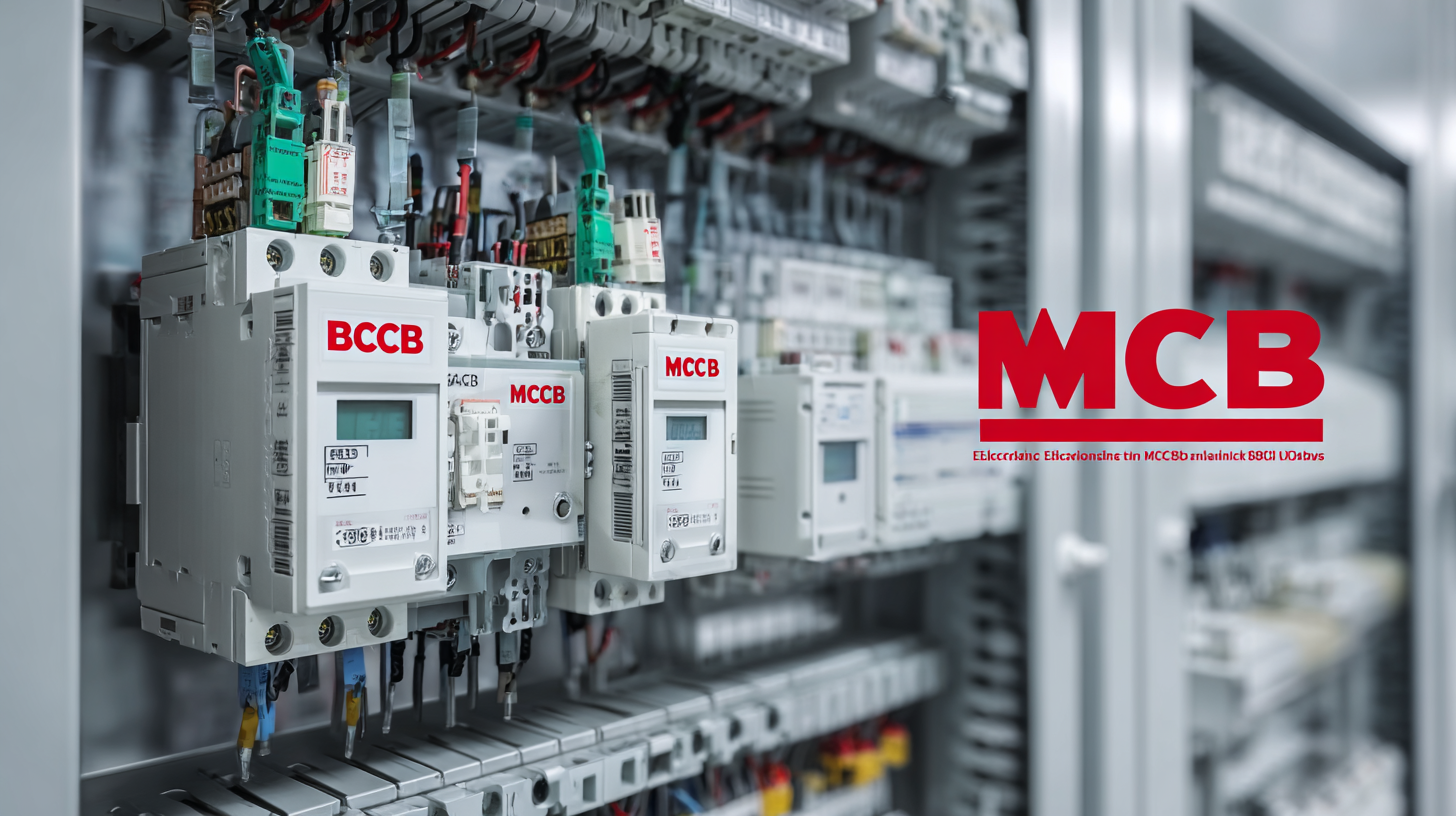
Quality assurance in MCCB production encompasses rigorous testing and inspection protocols that ensure every unit is reliable and meets necessary safety standards. As these factories adopt advanced manufacturing technologies and uphold stringent quality controls, they are better positioned to compete in the global market while reassuring their stakeholders. With the recent controversies surrounding imports of low-quality goods, it has become vital for manufacturers to bolster their reputations through consistent quality management, thereby proving their commitment to excellence in both product performance and corporate responsibility.
The Role of Technology in Enhancing MCCB Manufacturing Efficiency
The manufacturing of Molded Case Circuit Breakers (MCCBs) has undergone a significant transformation with the advent of advanced technology. In leading Chinese factories, automation plays a crucial role in enhancing production efficiency, reducing errors, and improving overall quality. Automated assembly lines equipped with state-of-the-art robotics not only accelerate the manufacturing process but also ensure precision in the assembly of each component, leading to a higher consistency in product performance.
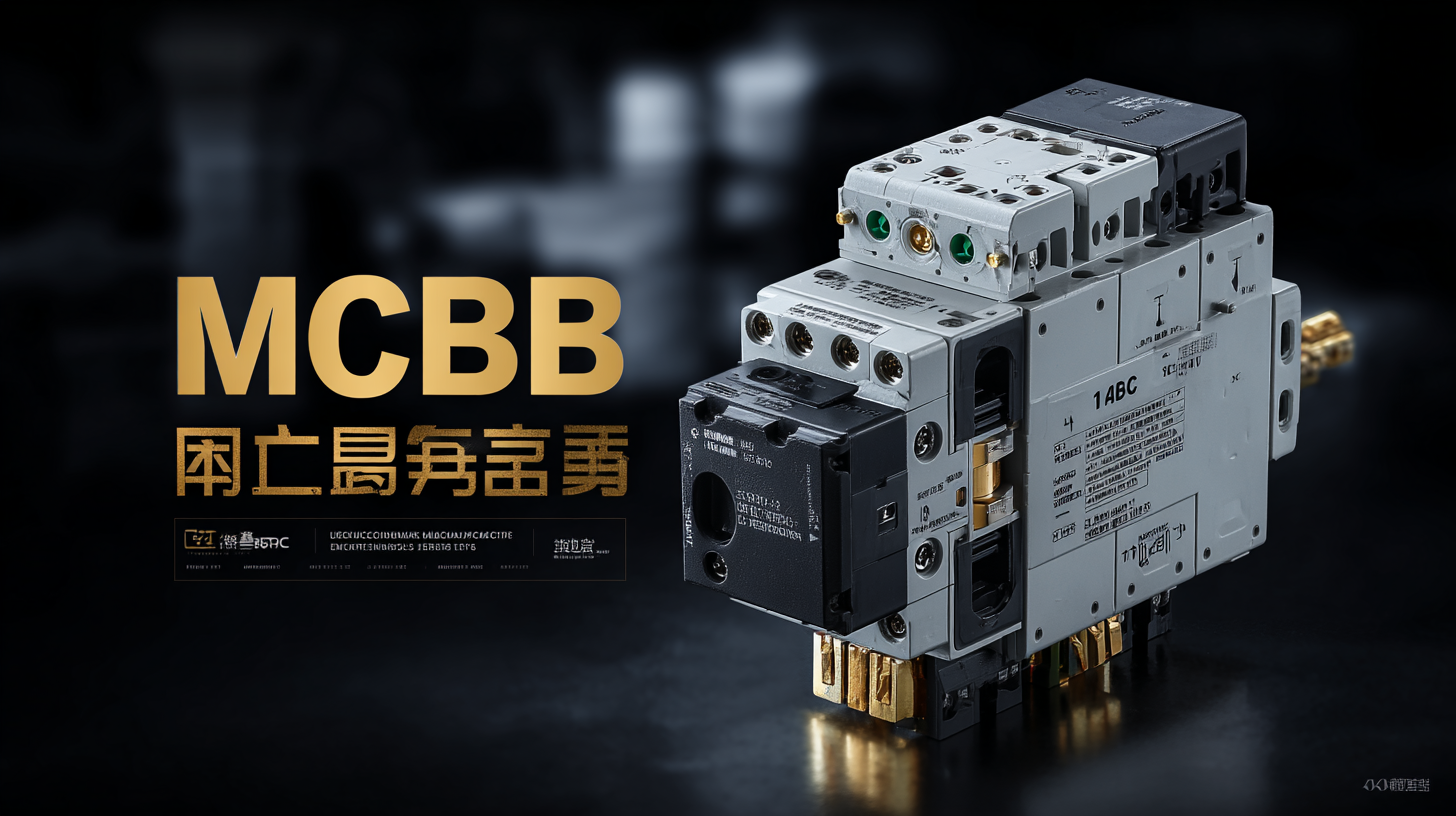
Furthermore, the integration of smart technologies, such as IoT (Internet of Things) devices and AI-driven analytics, has revolutionized quality control in MCCB production. These smart solutions allow manufacturers to monitor real-time data throughout the production process, enabling quick adjustments and preventative measures to avoid defects. By leveraging these technological advancements, factories can achieve unmatched excellence in their MCCB solutions, ensuring that their products meet stringent safety and reliability standards demanded by the global market.
Future Trends in Electrical MCCB Solutions and Manufacturing Challenges
The electrical industry is witnessing a rapid evolution, particularly in the realm of Molded Case Circuit Breakers (MCCBs). As technology advances, manufacturers are challenged to innovate while maintaining high standards of safety and reliability. Future trends indicate a shift towards smart MCCB solutions that incorporate IoT capabilities, enabling real-time monitoring and predictive maintenance. This integration is crucial as it not only enhances operational efficiency but also helps in energy management, reducing waste and lowering costs for businesses.
However, the journey toward these cutting-edge solutions is not without its hurdles. Manufacturers face challenges such as rising material costs, stringent regulatory requirements, and the need for specialized labor skilled in new technologies. Additionally, achieving consistency in quality while scaling production remains a vital concern. To address these challenges, factories must adopt agile manufacturing practices and invest in automation technologies that streamline production processes. By embracing these future trends and overcoming existing obstacles, manufacturers can position themselves as leaders in the MCCB market, ensuring unmatched excellence and reliability in their offerings.

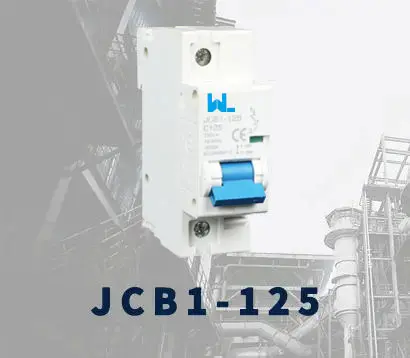 JCB1-125
JCB1-125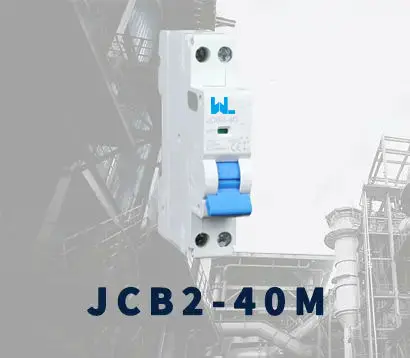 JCB2-40M
JCB2-40M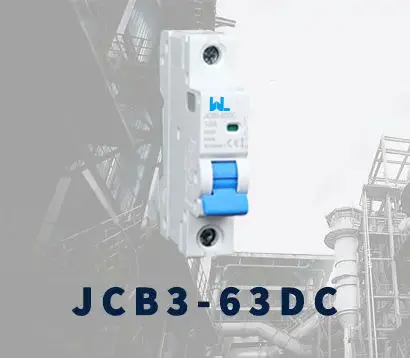 JCB3-63DC
JCB3-63DC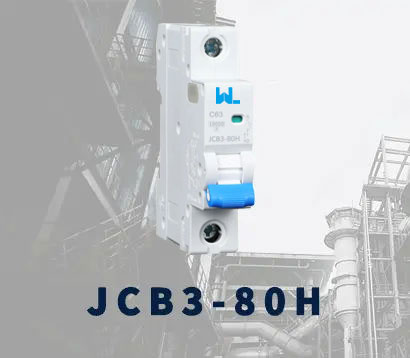 JCB3-80H
JCB3-80H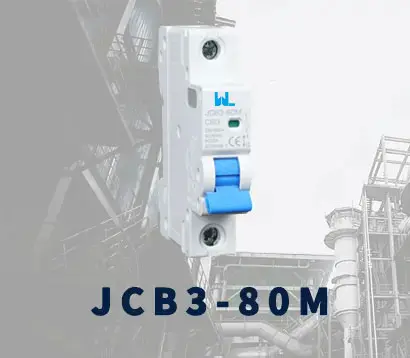 JCB3-80M
JCB3-80M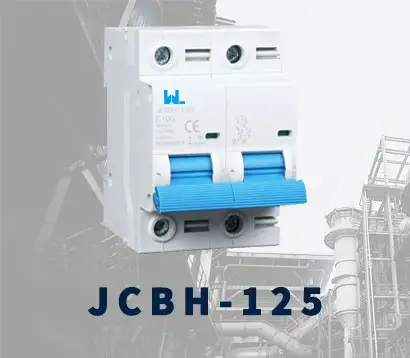 JCBH-125
JCBH-125 JC125-4P
JC125-4P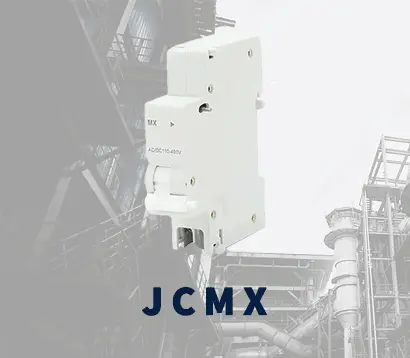 JCMX
JCMX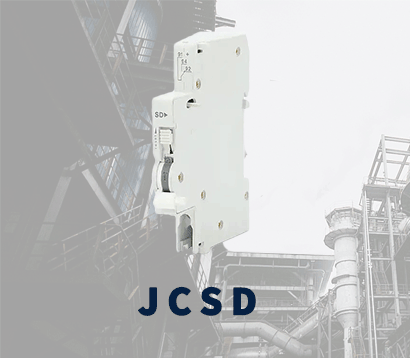 JCSD
JCSD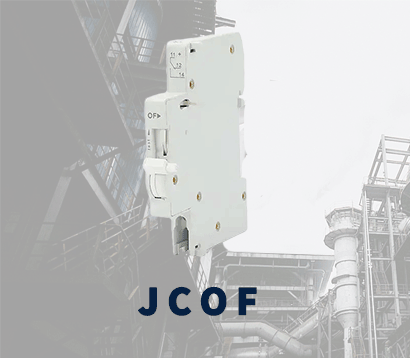 JCOF
JCOF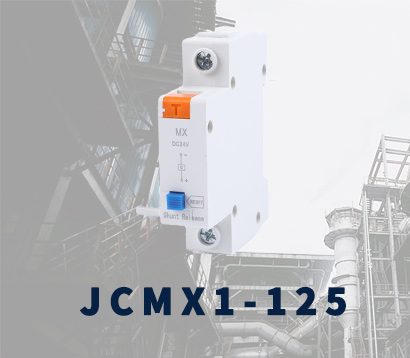 JCMX1-125
JCMX1-125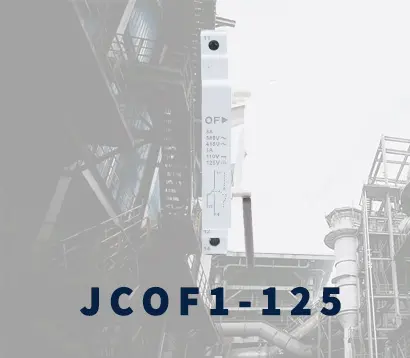 JCOF1-125
JCOF1-125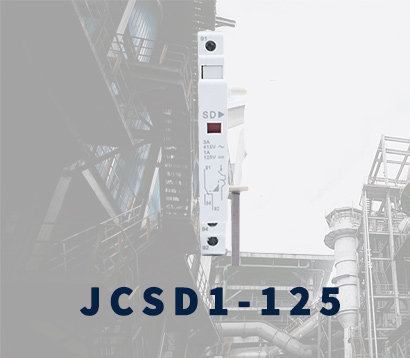 JCSD1-125
JCSD1-125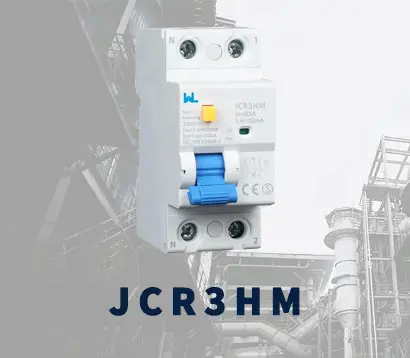 JCR3HM
JCR3HM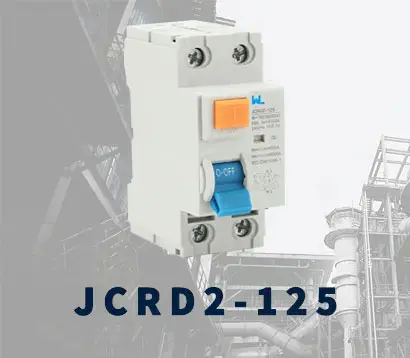 JCRD2-125
JCRD2-125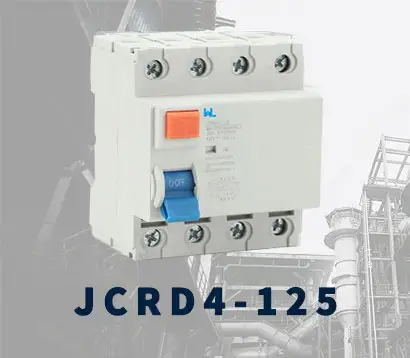 JCRD4-125
JCRD4-125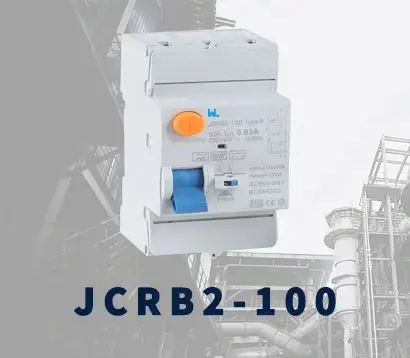 JCRB2-100
JCRB2-100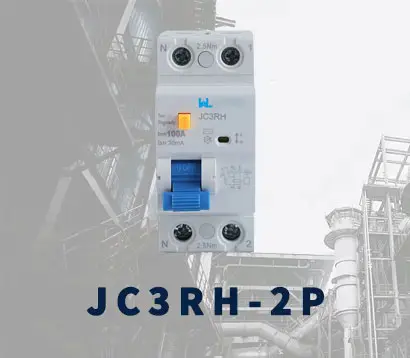 JC3RH-2P
JC3RH-2P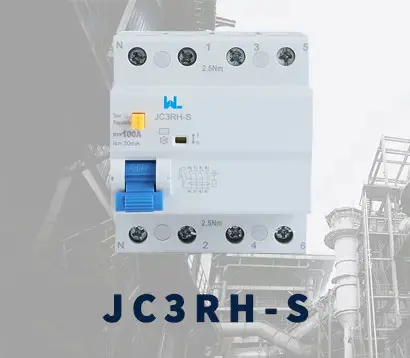 JC3RH-S
JC3RH-S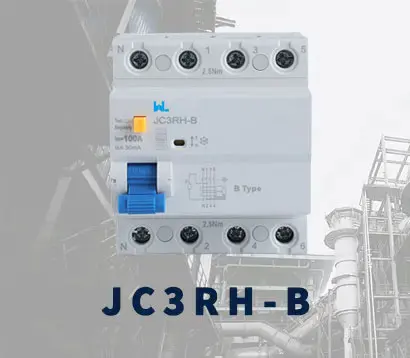 JC3RH-B
JC3RH-B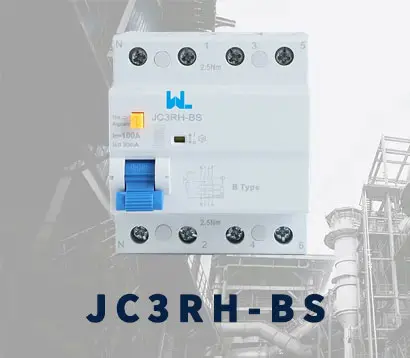 JC3RH-BS
JC3RH-BS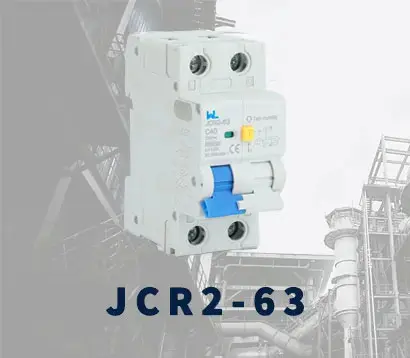 JCR2-63
JCR2-63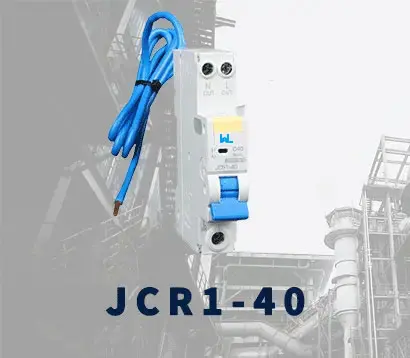 JCR1-40
JCR1-40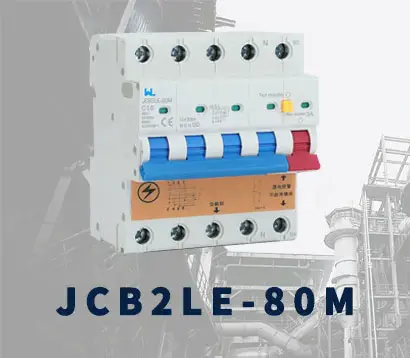 JCB2LE-80M
JCB2LE-80M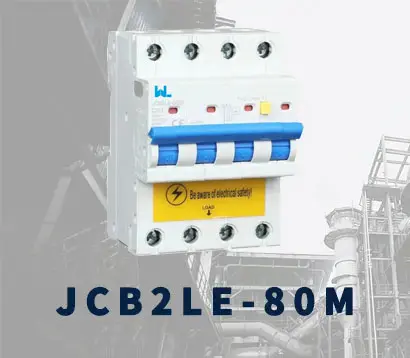 JCB2LE-80M
JCB2LE-80M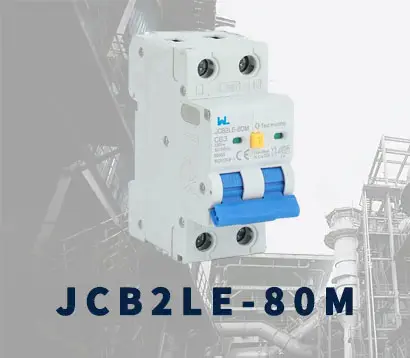 JCB2LE-80M
JCB2LE-80M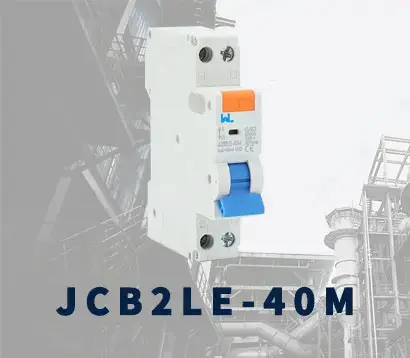 JCB2LE-40M
JCB2LE-40M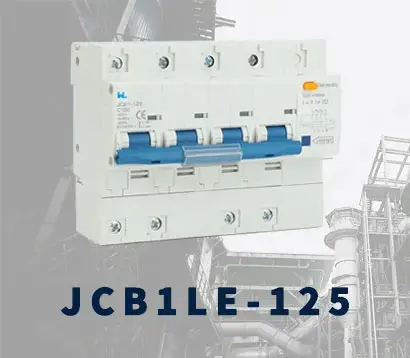 JCB1LE-125
JCB1LE-125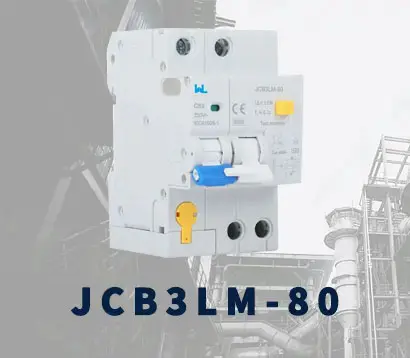 JCB3LM-80
JCB3LM-80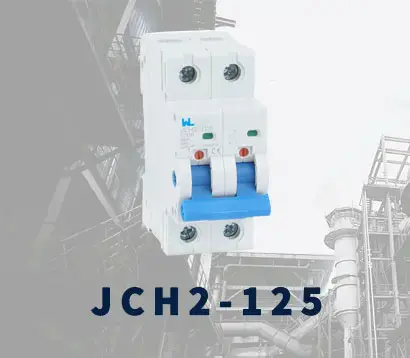 JCH2-125
JCH2-125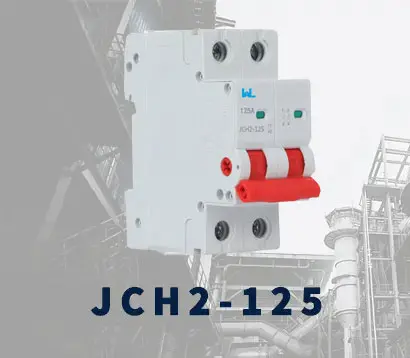 JCH2-125
JCH2-125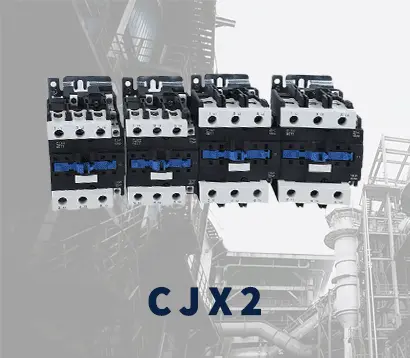 CJX2
CJX2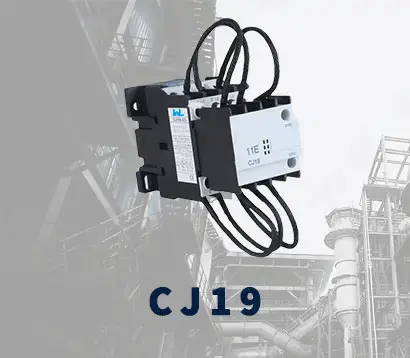 CJ19
CJ19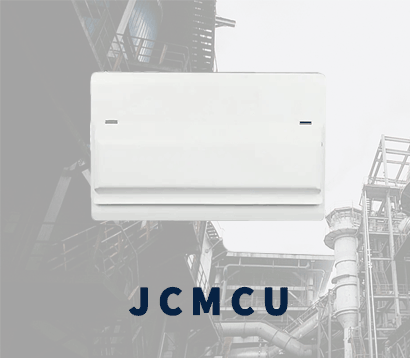 JCMCU
JCMCU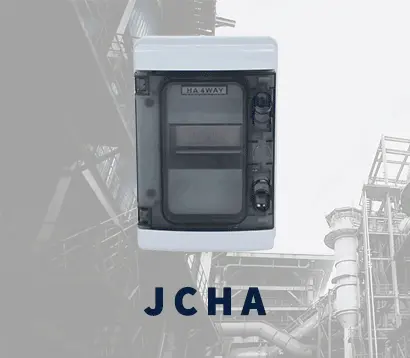 JCHA
JCHA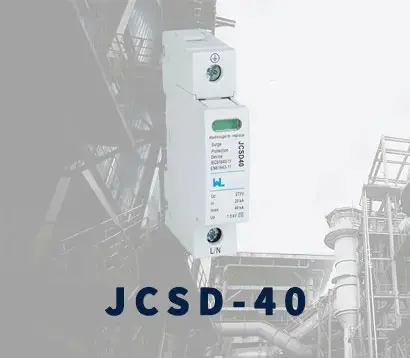 JCSD-40
JCSD-40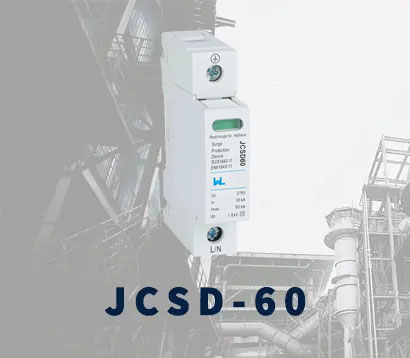 JCSD-60
JCSD-60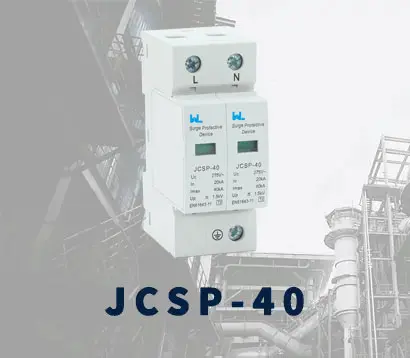 JCSP-40
JCSP-40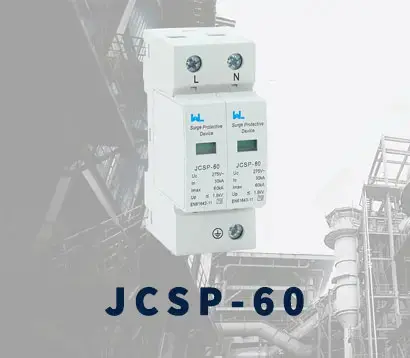 JCSP-60
JCSP-60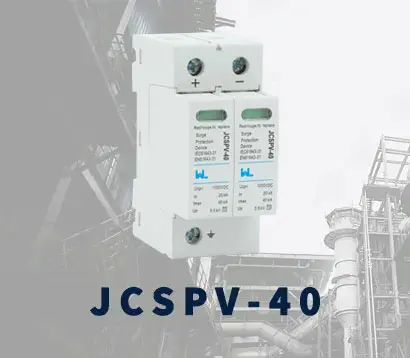 JCSPV
JCSPV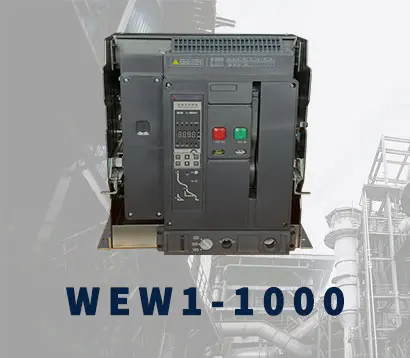 WEW1-1000
WEW1-1000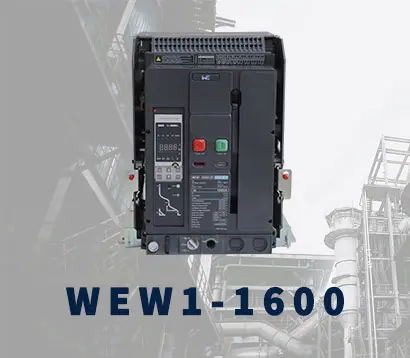 WEW1-1600
WEW1-1600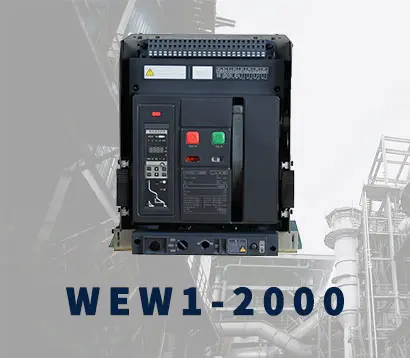 WEW1-2000
WEW1-2000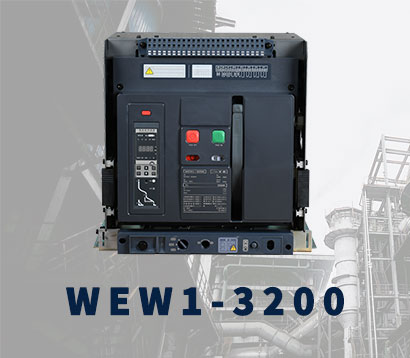 WEW1-3200
WEW1-3200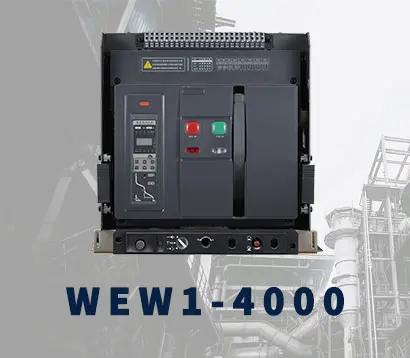 WEW1-4000
WEW1-4000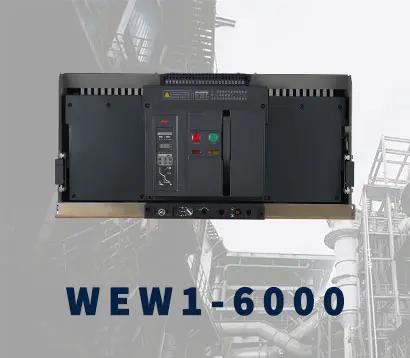 WEW1-6300
WEW1-6300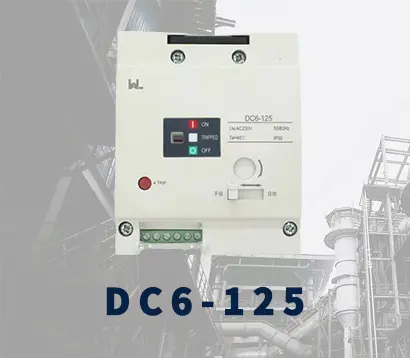 DC6-125
DC6-125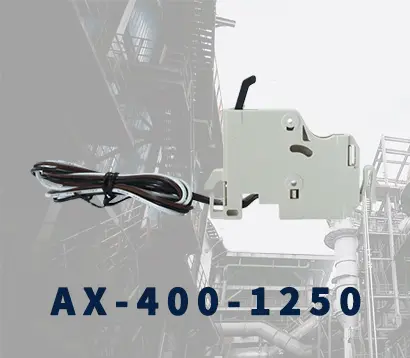 AX-400-1250
AX-400-1250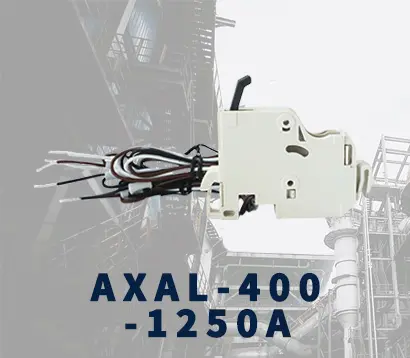 AXAL-400-1250A
AXAL-400-1250A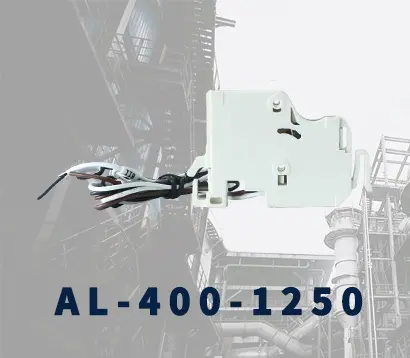 AL-400-1250
AL-400-1250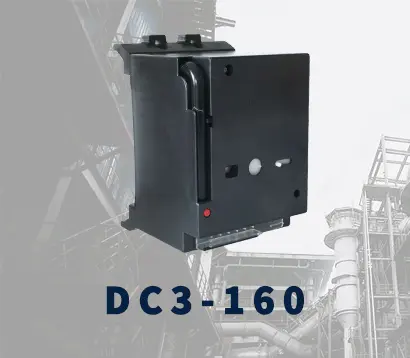 DC3-160
DC3-160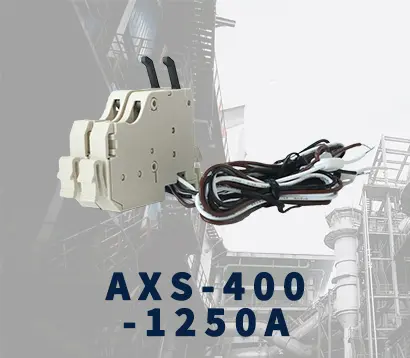 AXS-400-1250A
AXS-400-1250A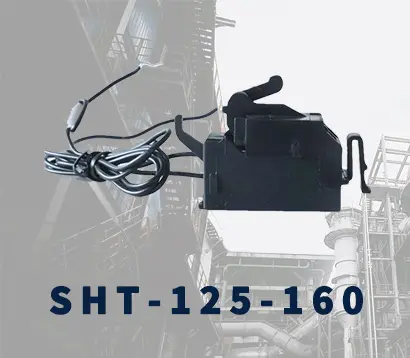 SHT-125-160
SHT-125-160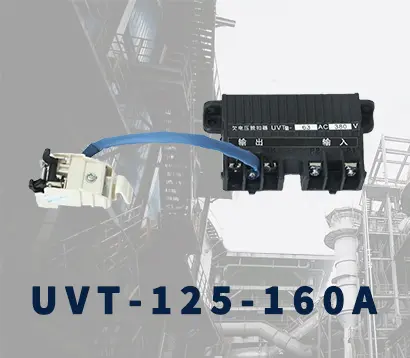 UVT-125-160A
UVT-125-160A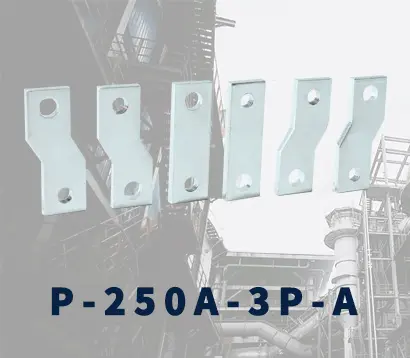 P-250A-3P-A
P-250A-3P-A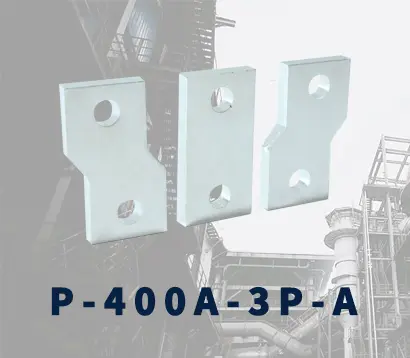 400-3P/4P terminal cover
400-3P/4P terminal cover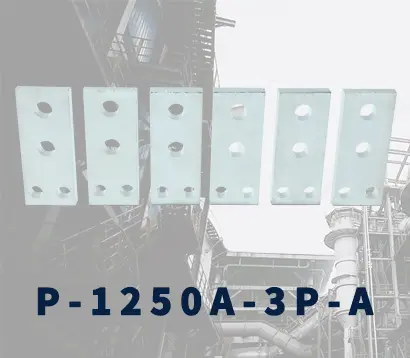 1250-3Pmccb accessories busbar
1250-3Pmccb accessories busbar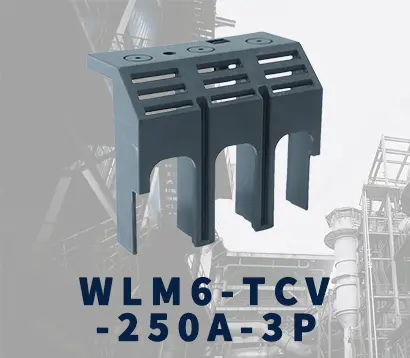 250-3P terminal conver
250-3P terminal conver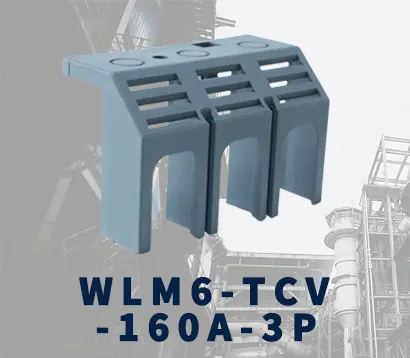 WLM6-TCV-160A-3P
WLM6-TCV-160A-3P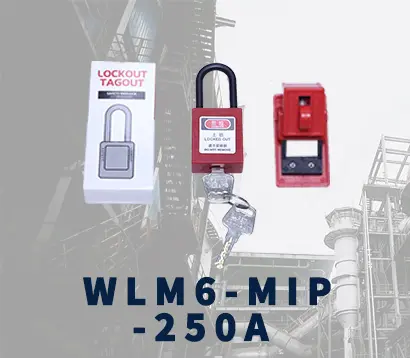 WLM6-MIP-250A
WLM6-MIP-250A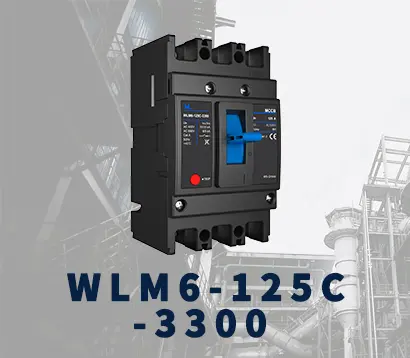 WLM6-125A-3300 3P/4P
WLM6-125A-3300 3P/4P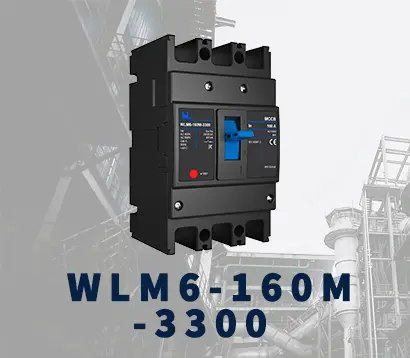 WLM6-160A-3300 3P/4P
WLM6-160A-3300 3P/4P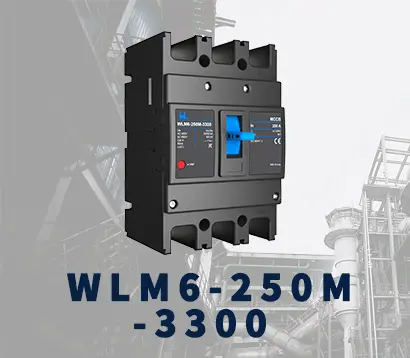 WLM6-250A-3300 3P/4P
WLM6-250A-3300 3P/4P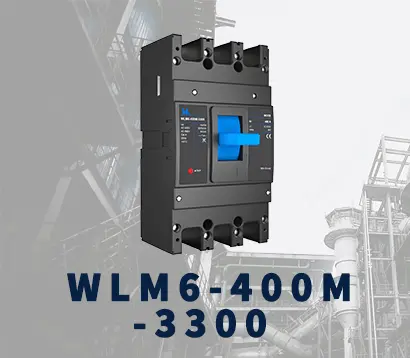 WLM6-400A-3300 3P/4P
WLM6-400A-3300 3P/4P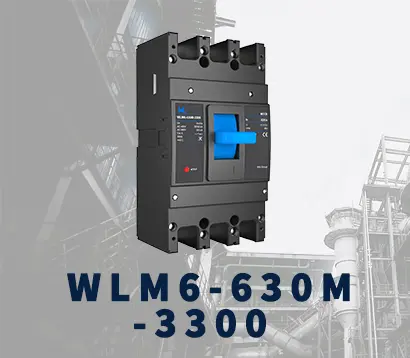 WLM6-630A-3300 3P/4P
WLM6-630A-3300 3P/4P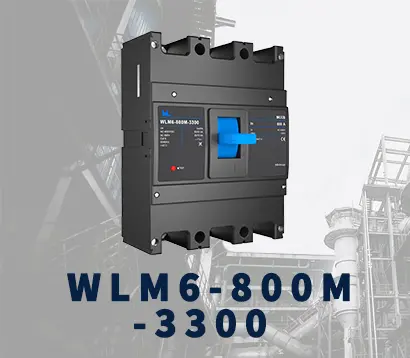 WLM6-800A-3300 3P/4P
WLM6-800A-3300 3P/4P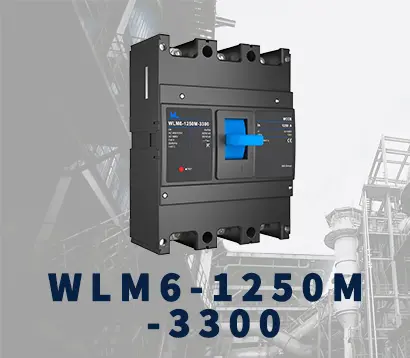 WLM6-1250A-3300 3P/4P
WLM6-1250A-3300 3P/4P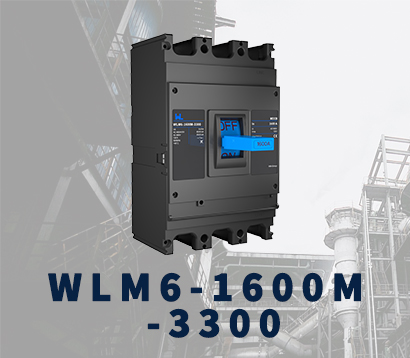 WLM6-1600A-3300 3P/4P
WLM6-1600A-3300 3P/4P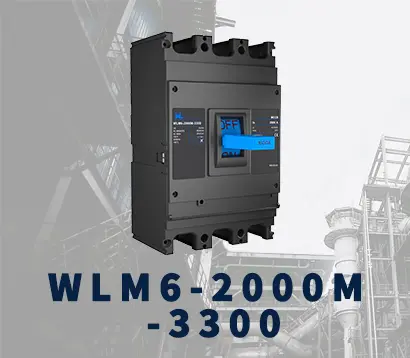 WLM6-2000A 3P/4P
WLM6-2000A 3P/4P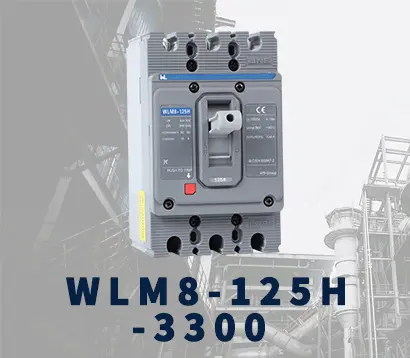 WLM8-125H-3300
WLM8-125H-3300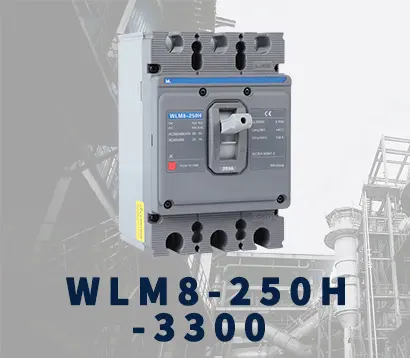 WLM8-250H-3300
WLM8-250H-3300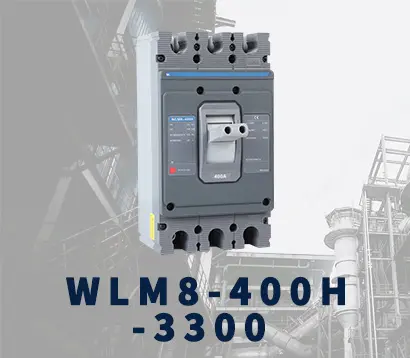 WLM8-400H-3300
WLM8-400H-3300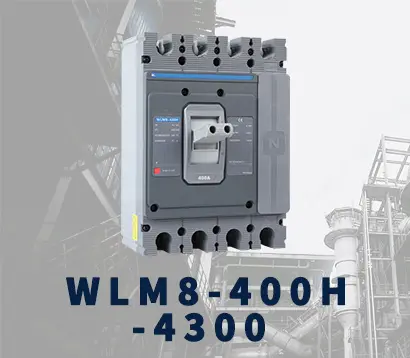 WLM8-400H-4300
WLM8-400H-4300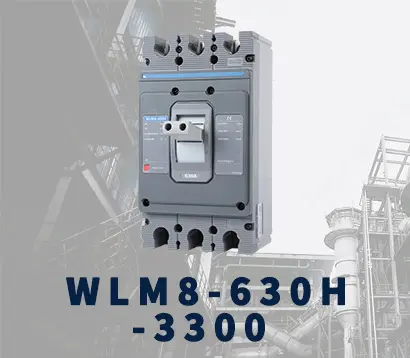 WLM8-630H-3300
WLM8-630H-3300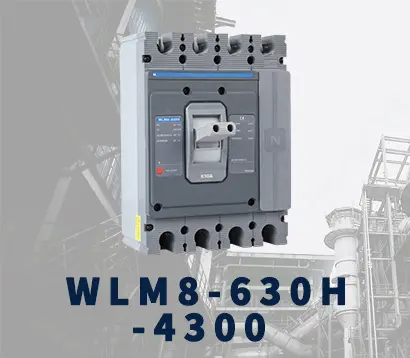 WLM8-630H-4300
WLM8-630H-4300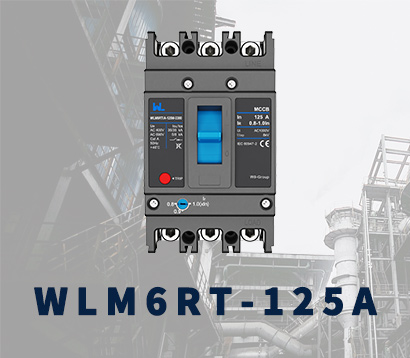 WLM6RT-125A
WLM6RT-125A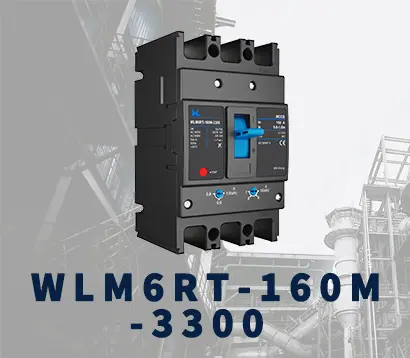 WLM6RT-160A
WLM6RT-160A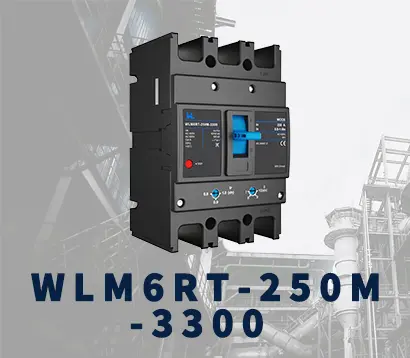 WLM6RT-250A
WLM6RT-250A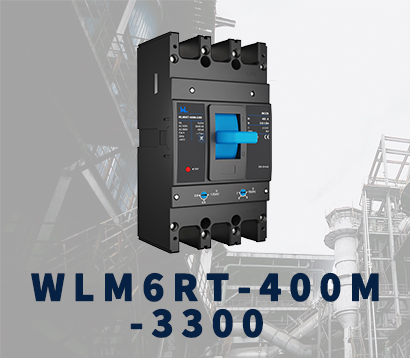 WLM6RT-400A
WLM6RT-400A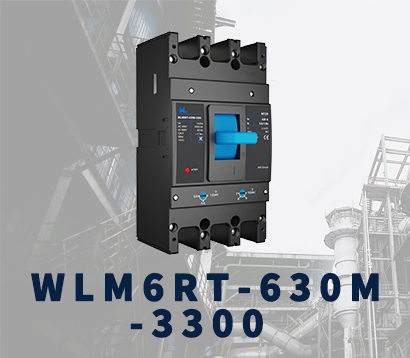 WLM6RT-630A
WLM6RT-630A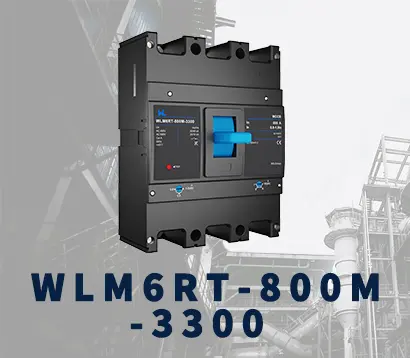 WLM6RT-800A
WLM6RT-800A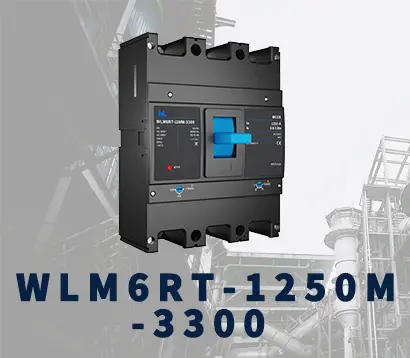 WLM6RT-1250A
WLM6RT-1250A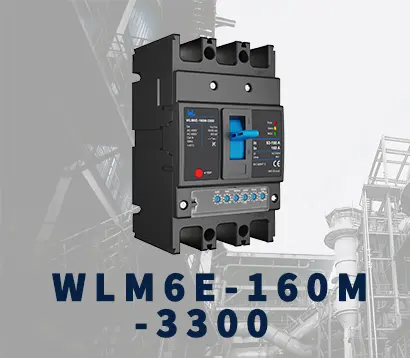 WLM6E-160A-3300 3P
WLM6E-160A-3300 3P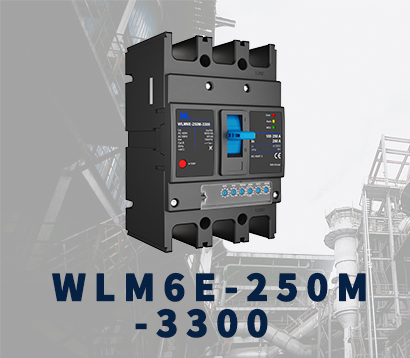 WLM6E-250A-3300
WLM6E-250A-3300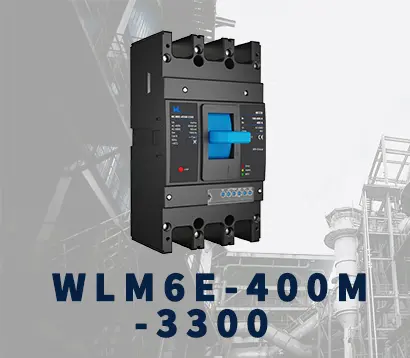 WLM6E-400A-3300 3P/4P
WLM6E-400A-3300 3P/4P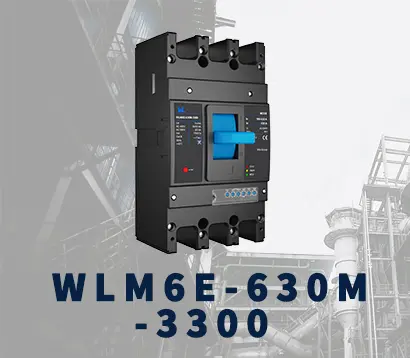 WLM6E-630A-3300
WLM6E-630A-3300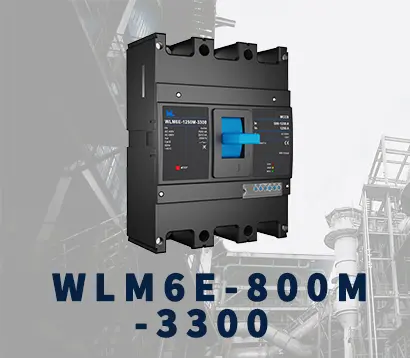 WLM6E-800A-3300 3P/4P
WLM6E-800A-3300 3P/4P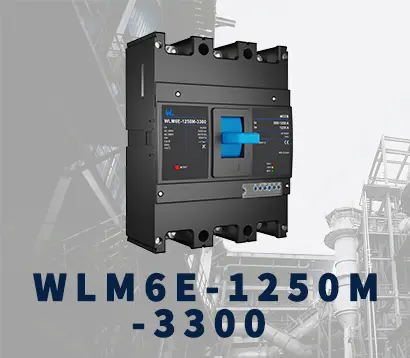 WLM6E-1250A-3300
WLM6E-1250A-3300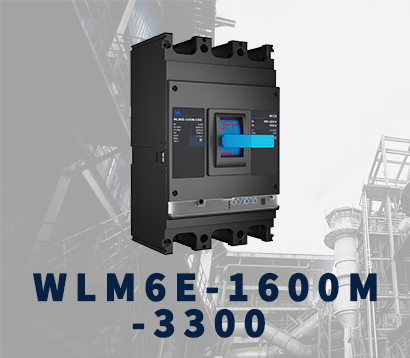 WLM6E-1600-3300 3P/4P
WLM6E-1600-3300 3P/4P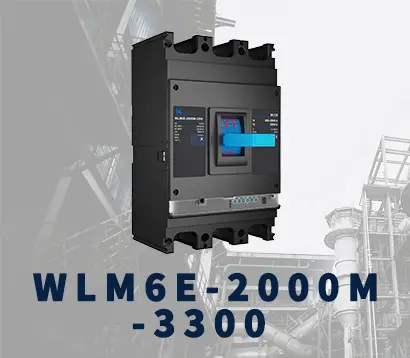 WLM6E-2000A-3300 3P/4P
WLM6E-2000A-3300 3P/4P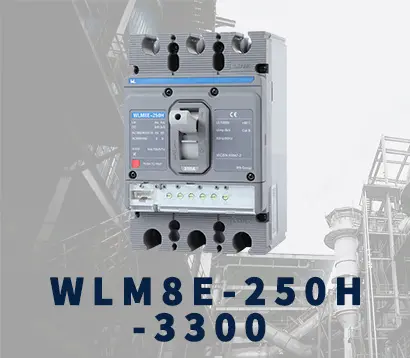 WLM8E-250H-3300
WLM8E-250H-3300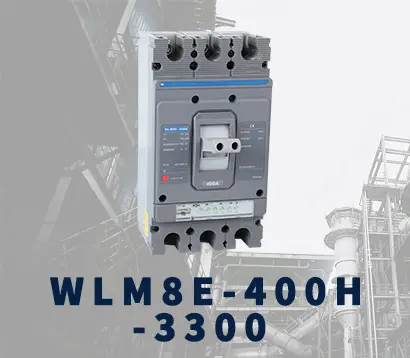 WLM8E-400H-3300
WLM8E-400H-3300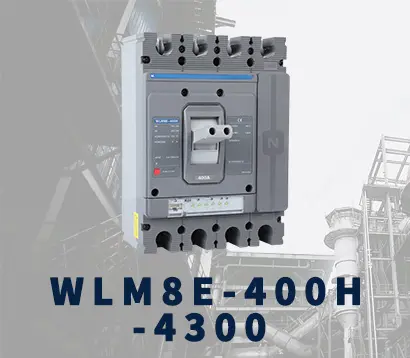 WLM8E-400H-4300
WLM8E-400H-4300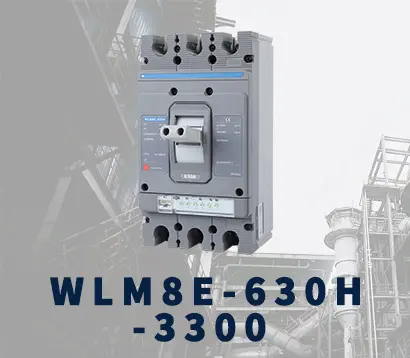 WLM8E-630H-3300
WLM8E-630H-3300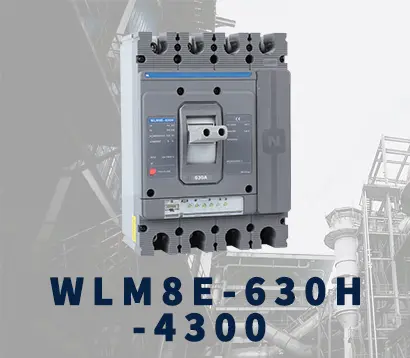 WLM8E-630H-4300
WLM8E-630H-4300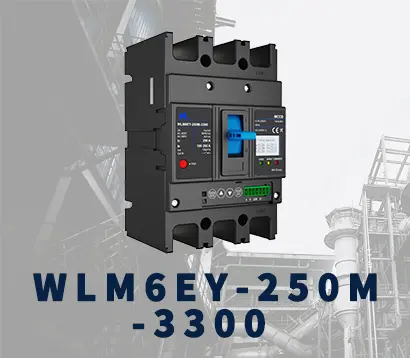 WLM6EY-250-3300 3P/4P
WLM6EY-250-3300 3P/4P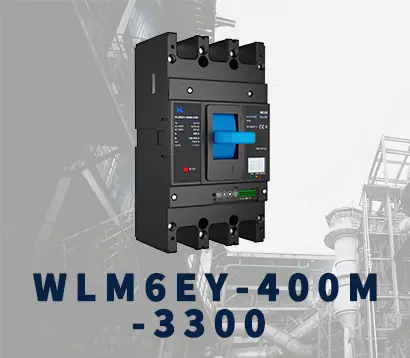 WLM6EY-400 3P/4P
WLM6EY-400 3P/4P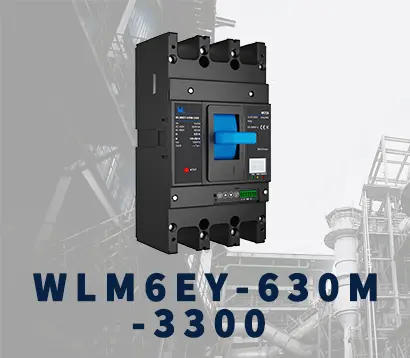 WLM6EY-630 3P/4P
WLM6EY-630 3P/4P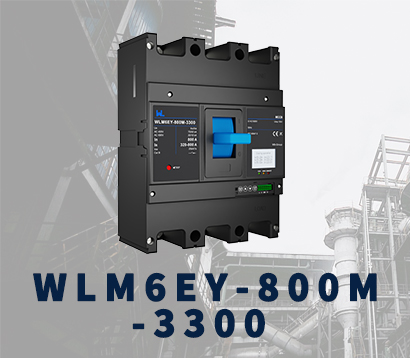 WLM6EY-800A 3P/4P
WLM6EY-800A 3P/4P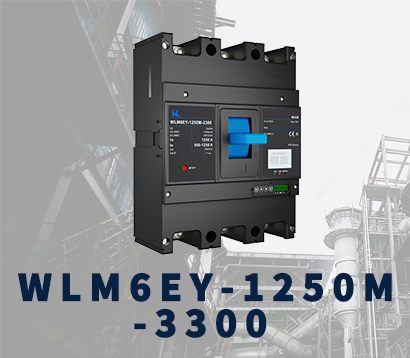 WLM6EY-1250A 3P/4P
WLM6EY-1250A 3P/4P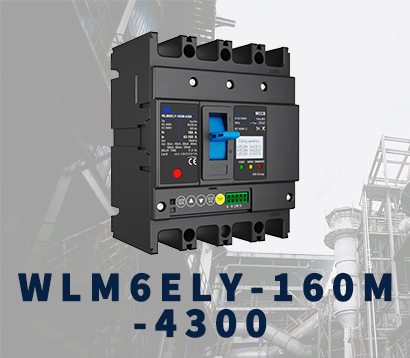 WLM6ELY-160A
WLM6ELY-160A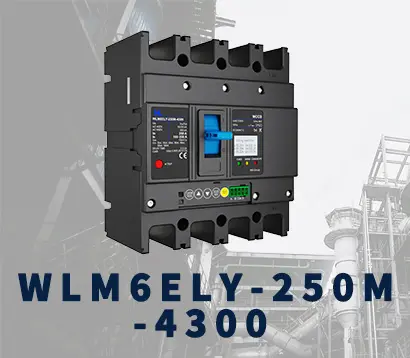 WLM6ELY-250A
WLM6ELY-250A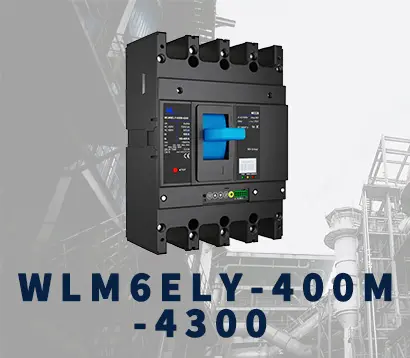 WLM6ELY-400A
WLM6ELY-400A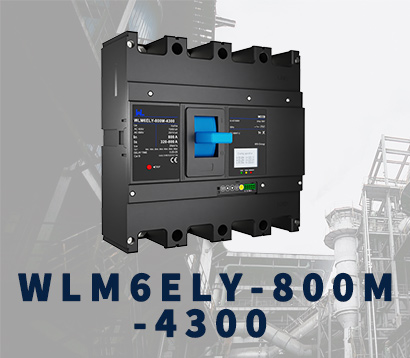 WLM6ELY-800A
WLM6ELY-800A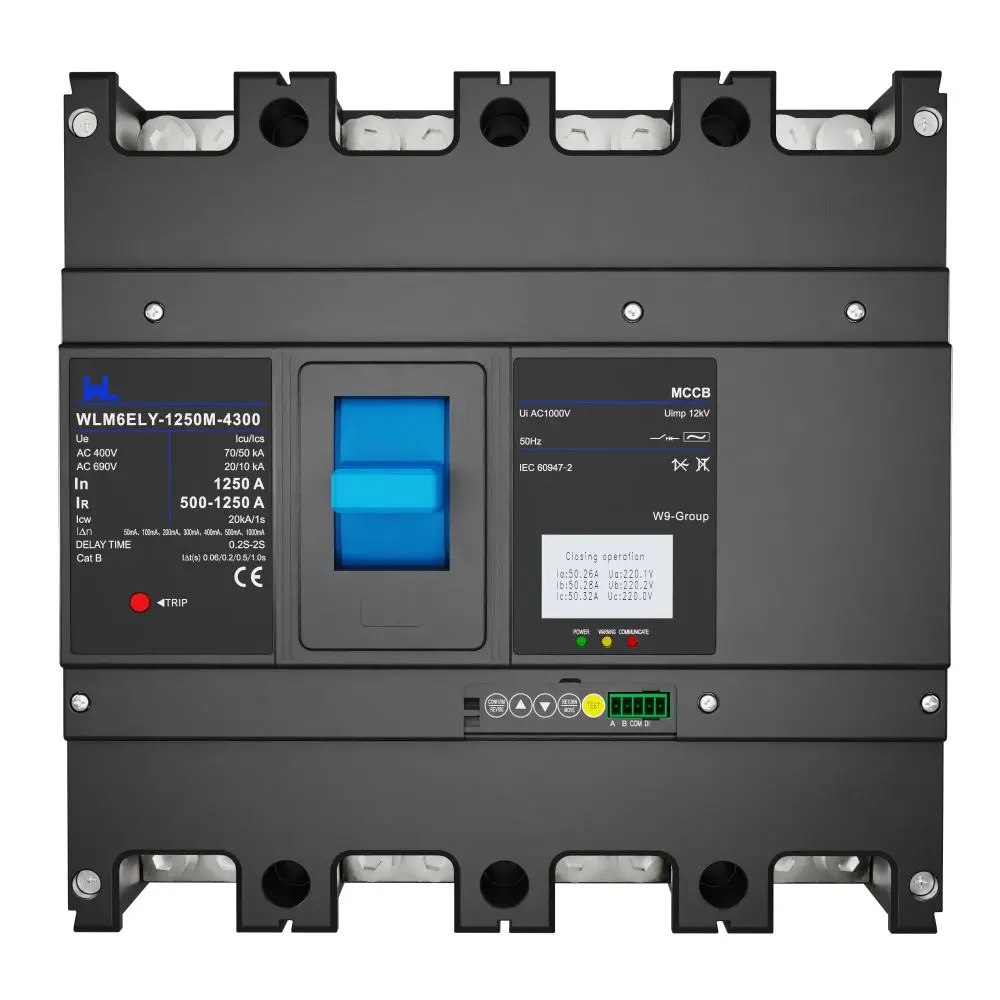 WLM6ELY-1250A
WLM6ELY-1250A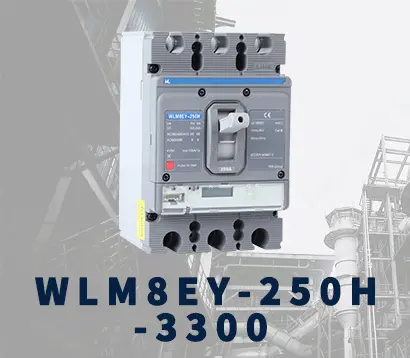 WLM8EY-250H-3300
WLM8EY-250H-3300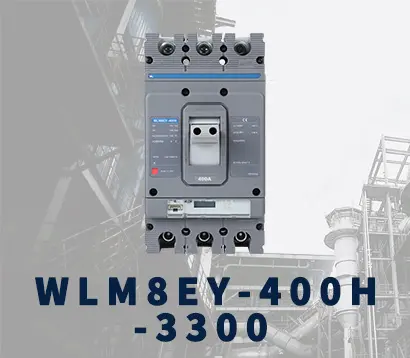 WLM8EY-400H-3300
WLM8EY-400H-3300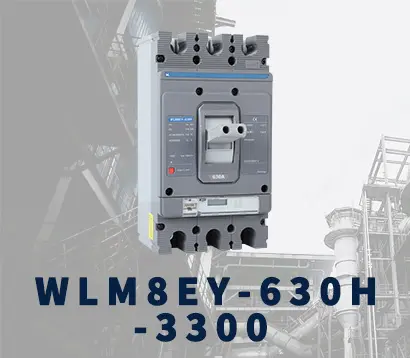 WLM8EY-630H-3300
WLM8EY-630H-3300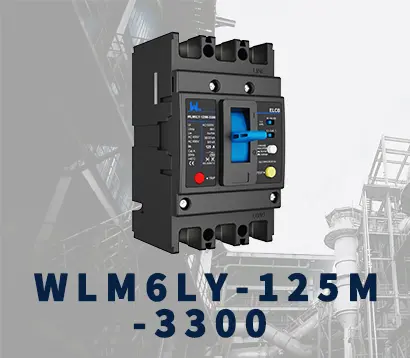 WLM6LY-125A
WLM6LY-125A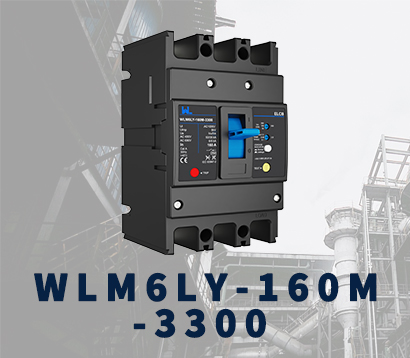 WLM6L-160A
WLM6L-160A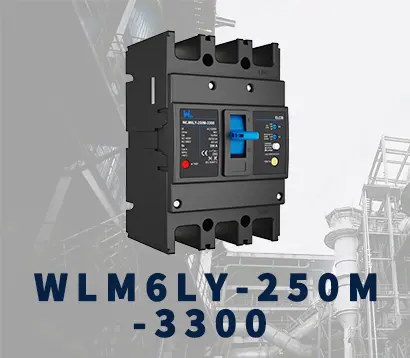 WLM6LY-250A
WLM6LY-250A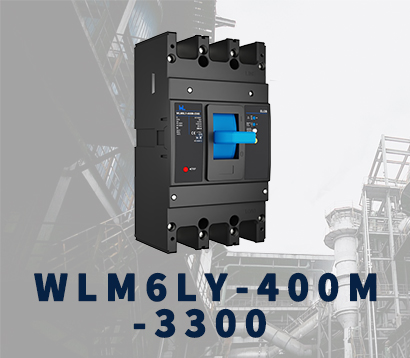 WLM6LY-400A
WLM6LY-400A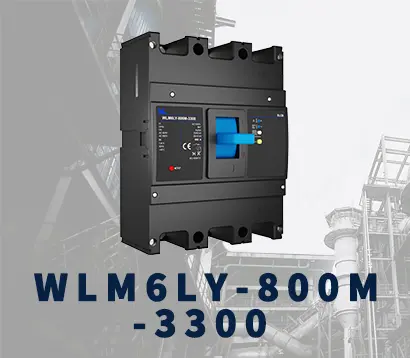 WLM6LY-800A
WLM6LY-800A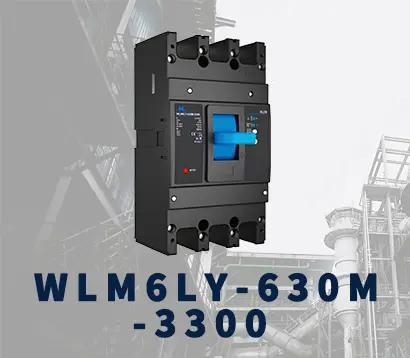 WLM6LY-630A
WLM6LY-630A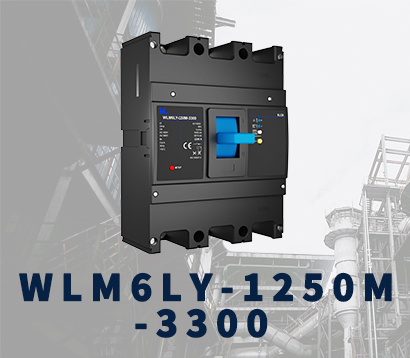 WLM6LY-1250A
WLM6LY-1250A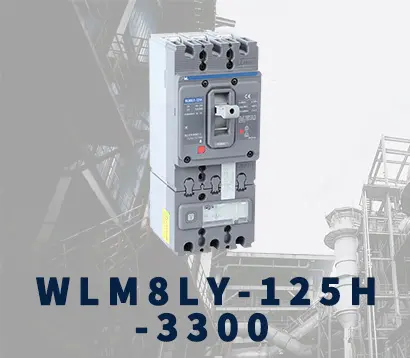 WLM8LY-125H-3300
WLM8LY-125H-3300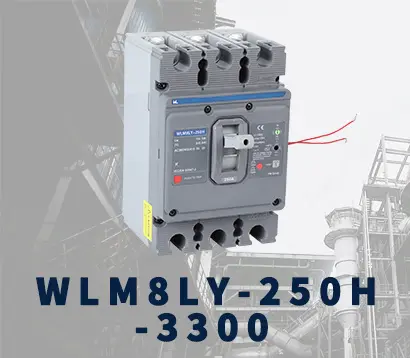 WLM8LY-250H-3300
WLM8LY-250H-3300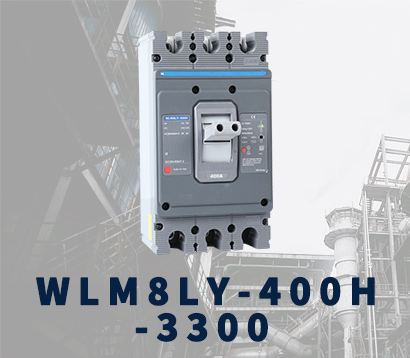 WLM8LY-400H-3300
WLM8LY-400H-3300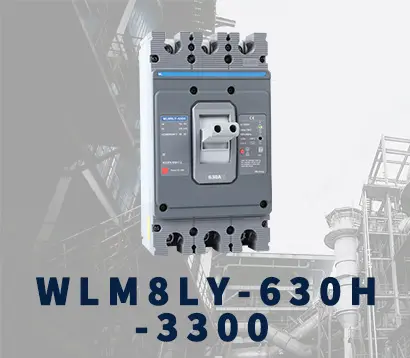 WLM8LY-630H-3300
WLM8LY-630H-3300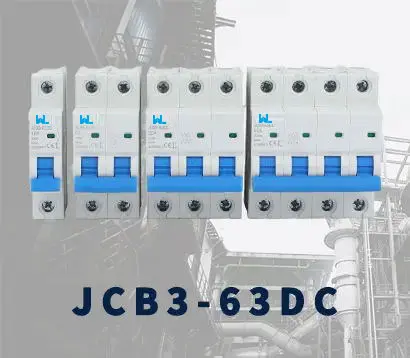 JCB3-63DC
JCB3-63DC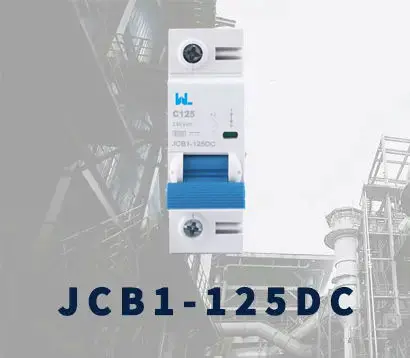 JCB1-125DC
JCB1-125DC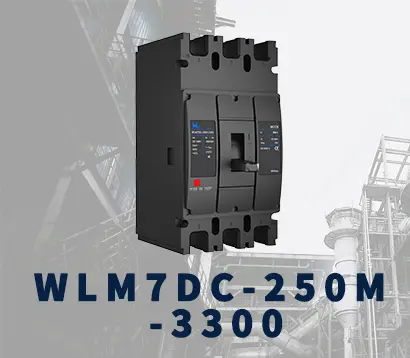 WLM7DC-250A-2300 2P/3P
WLM7DC-250A-2300 2P/3P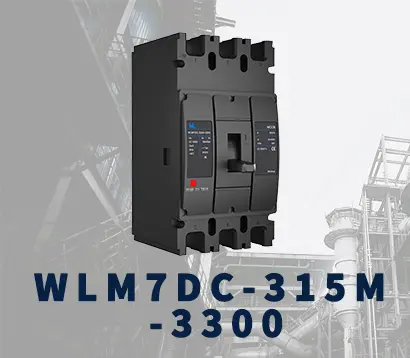 WLM7DC-315A-3300 2P/3P
WLM7DC-315A-3300 2P/3P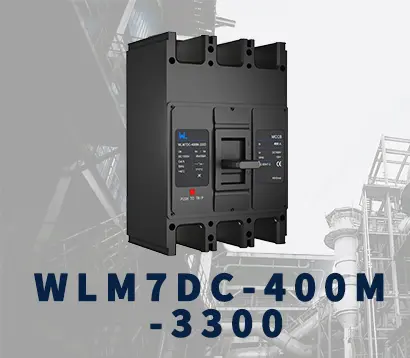 WLM7DC-400A-2300 2P/3P
WLM7DC-400A-2300 2P/3P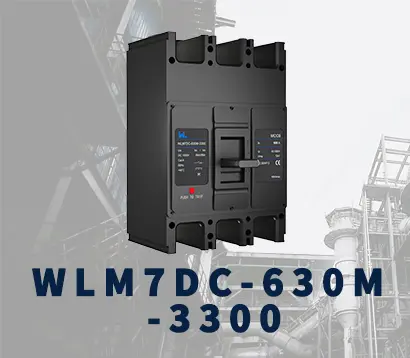 WLM7DC-630A-3300 3P
WLM7DC-630A-3300 3P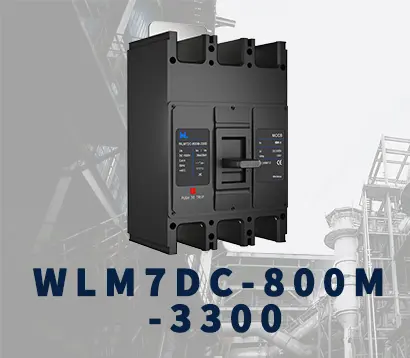 WLM7DC-800A-2300 2P/3P
WLM7DC-800A-2300 2P/3P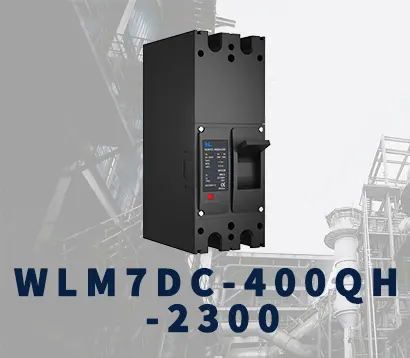 WLM7DC-400A 2300
WLM7DC-400A 2300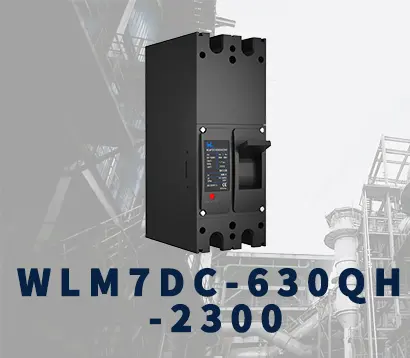 WLM7DC-630A-2300 2P
WLM7DC-630A-2300 2P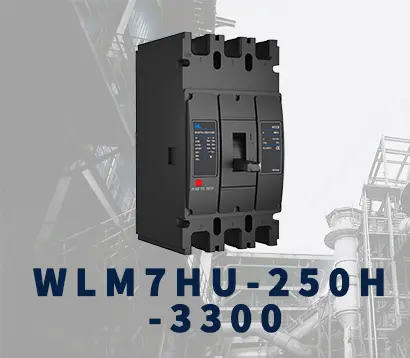 WLM7HU-250-3300 3P
WLM7HU-250-3300 3P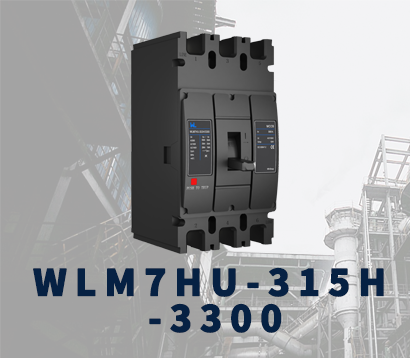 WLM7HU-315-3300 3P
WLM7HU-315-3300 3P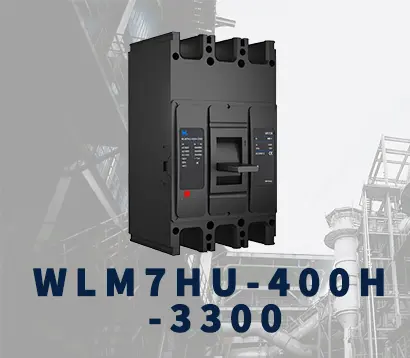 WLM7HU-400-3300 3P
WLM7HU-400-3300 3P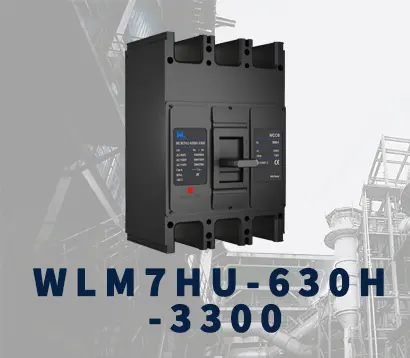 WLM7HU-630-3300 3P
WLM7HU-630-3300 3P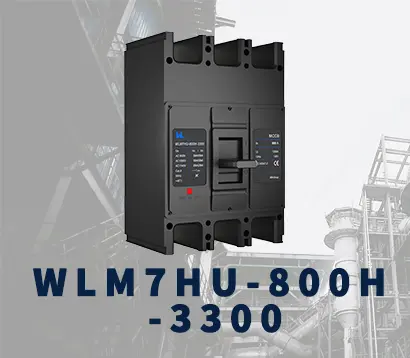 WLM7HU-800-3300 3P
WLM7HU-800-3300 3P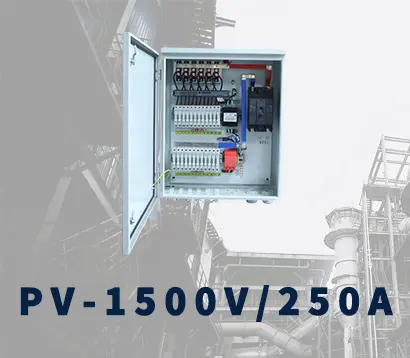 PV-1500V/250A
PV-1500V/250A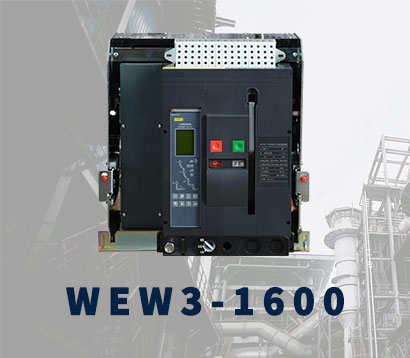 WEW3-1600
WEW3-1600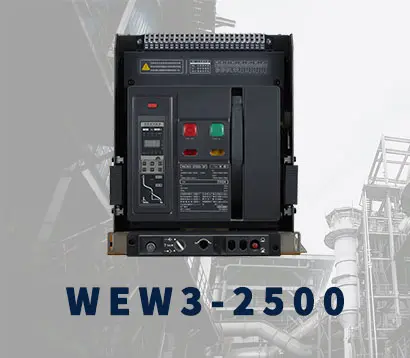 WEW3-2500
WEW3-2500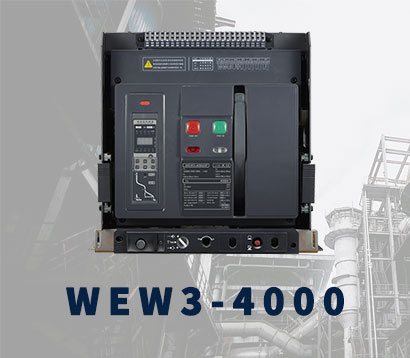 WEW3-4000
WEW3-4000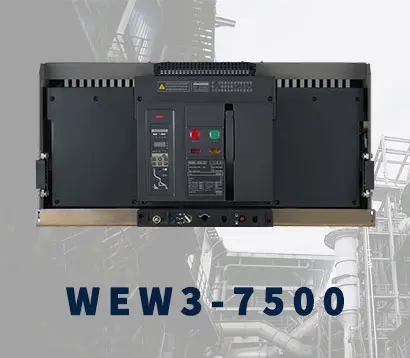 WEW3-7500
WEW3-7500



